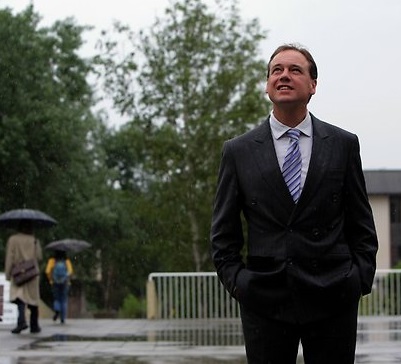Hunt's team chips at Direct Action dream
 The hand-picked team tasked with assessing the federal government’s Direct Action climate change plan says it will not work.
The hand-picked team tasked with assessing the federal government’s Direct Action climate change plan says it will not work.
The group selected by Environment Minister Greg hunt says in its current form, the contract terms offered under the Direct Action plan are not long enough to have any real effect.
The Direct Action plan proposes to pay polluters for their attempts to reduce harmful emissions.
In a recent “green paper” Greg Hunt outlined plans for the emission reduction fund – which been funded for three years – he says will offer five-year contracts for groups competing in competitive tenders for grants.
But Danny Price, a reviewer Mr Hunt calls a “eminent economist” says that five years is “way too short”.
Mr Price made the comments to The Guardian, which says changes are expected in the next version of the plan.
“Contracts will need to be 15 years at least to attract the major capital-intensive projects with lifetimes of well over a decade,” Price said, saying the issue is “one of the biggest threats” to the Direct Action plan’s potential success.
Price says the 15-person expert group has highlighted the risk that industries could unreasonably increase their emissions by adjusting the baselines on which they are measured.
Price has claimed that rigid baselines and “sufficiently rigorous” penalties for exceeding them are critical for the credibility of the scheme.
He says the renewable energy target should remain and be expanded to include gas and highly efficient coal generation.
Business bodies are not thrilled with the five year contracts either.
The Business Council of Australia (BCA) says it is “of concern” as it may drive up bids to allow for the cost of projects running more than five years, rather than trying to spread the costs evenly over longer periods.
The National Environmental Law Association (NELA) warns that “a five-year contract term will prove to be a significant inhibitor in terms of ERF participation”.
“In particular, NELA is aware that none of the big four banks are likely to be willing to offer project finance for ERF projects, unless a longer contract term is available,” the group said in its submission to the green paper.
The government is expected to release a white paper in the next few days, which will outline its final decisions about the shape of the emissions reduction fund, which it plans to launch in July.








 Print
Print